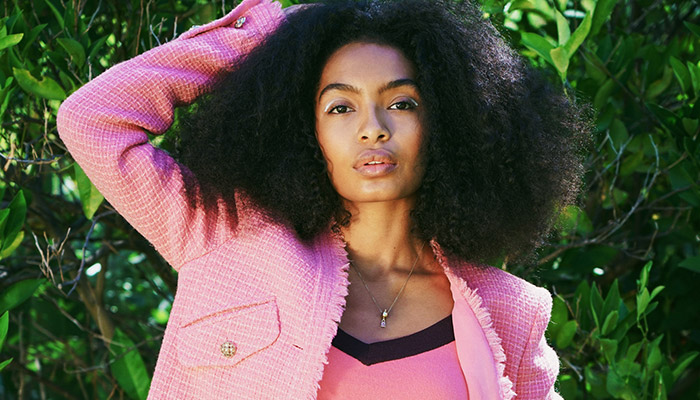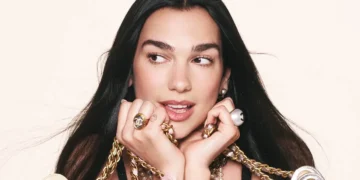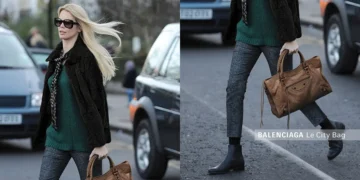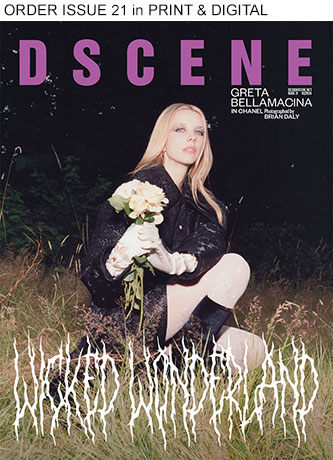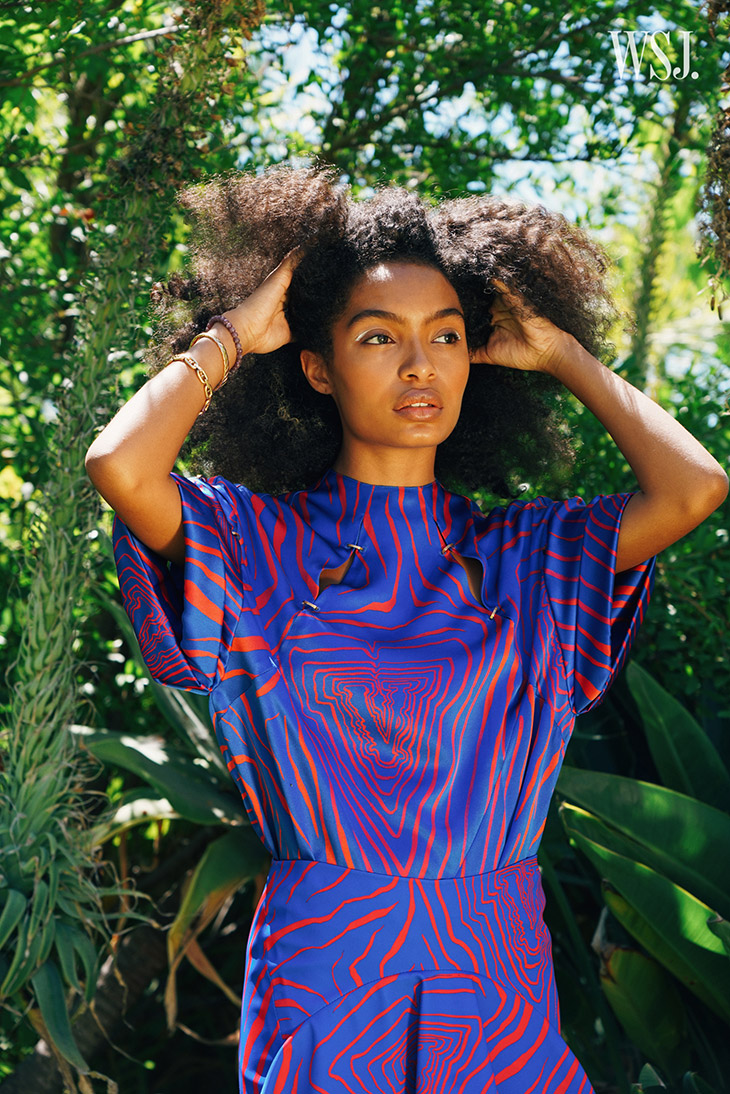
Black-ish / Grown-ish star Yara Shahidi talks with WSJ. Magazine about her new company – 7th Sun Productions, black creators, voting, people who inspire her and more. In charge of photography was Texas Isaiah, with styling from Jason Bolden, and beauty by makeup artist Emily Cheng.
I constantly am trying to figure out – what is my role, how can I be of service to the best of my abilities? It’s something that I’m tweaking and refining daily. It’s a thrilling time to be in media right now. We’re actively talking about the fact that it has to be restructured to prioritize new voices. And with that comes the opportunity to – in the kindest way possible—burn down the traditional infrastructure that has kept us out for so long and present something completely new. – Shahidi on finding her purpose
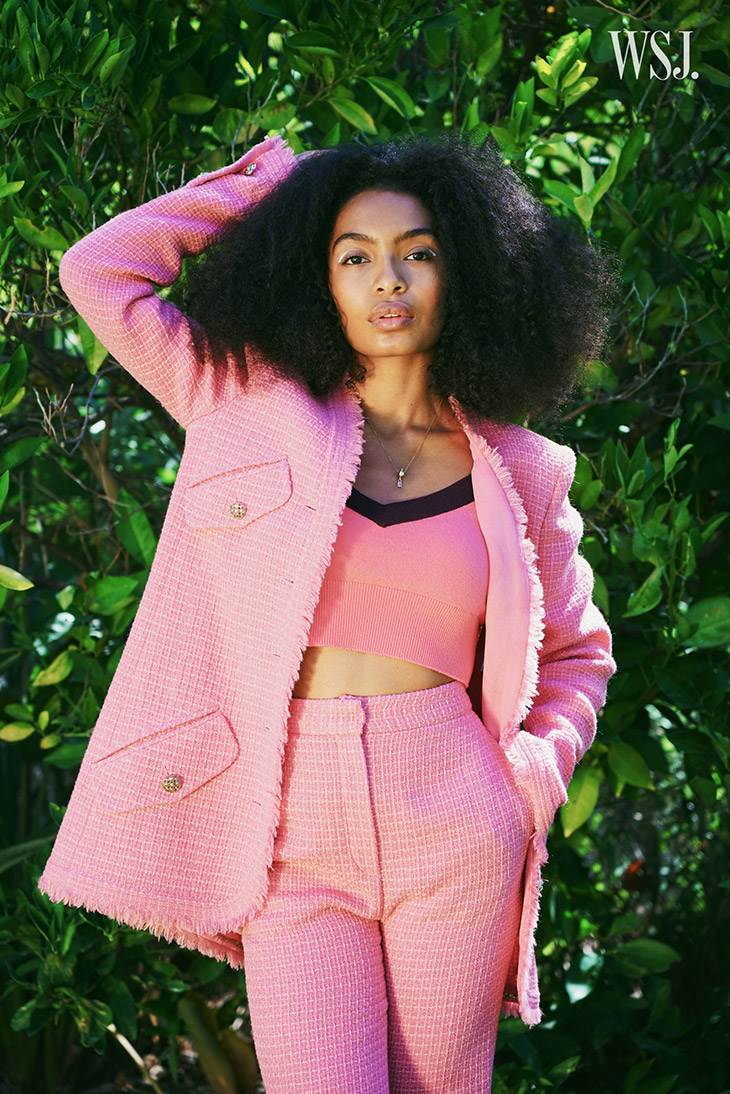
Shahidi on her guiding principle set forth by Toni Morrison and James Baldwin:
“Toni Morrison set the foundation for these conversations,” she says, referring to the Nobel Prize winner’s efforts to prioritize Black life and stories. “Pushing back on the sentiments of Blackness having to be universalized in a way that isn’t expected of a Pride and Prejudice,” says Shahidi. “Those worlds did not have us in mind when they were being created.” Indebted gratitude, as Shahidi calls it, is a guiding principle of hers as she looks to Morrison and Baldwin for guidance on how to stay authentic to her artistic passions.
Shahidi on redefining the voice of a Black artist:
At 20, I’m working on honoring all of my desires, honoring what I’m passionate about. The lesson that my mother taught me at a really young age is the fact that my voice belongs in these spaces. At the same time, I feel like I’ve been unintentionally trained to be an amenable person. Being amenable has oftentimes been weaponized against [Black artists], because we operate in the binary of either you’re amenable or you’re aggressive. As we create things that haven’t been seen before, we’re also saying, OK, let’s redefine the concept of risk when you’re bringing in a young writer of color or a young writer of any [race, sexuality, gender, etc.].
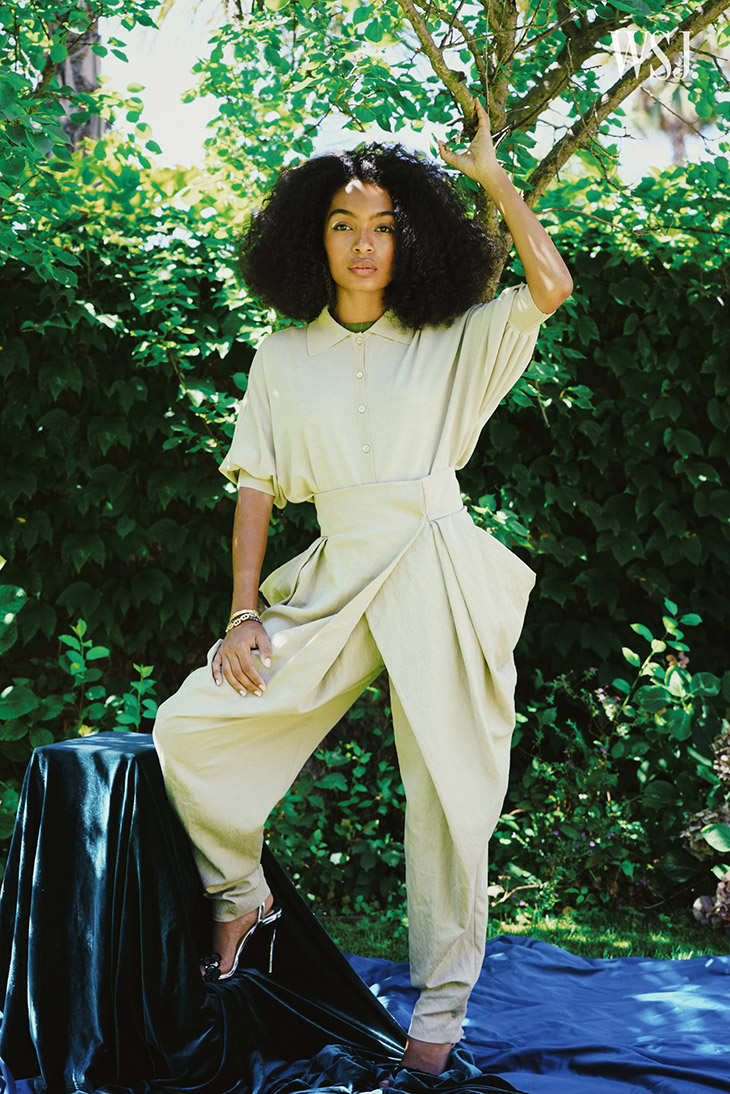
Shahidi on the artists she admires:
The art of storytelling is something that I still admire in every form, whether it’s Barry Jenkins or Issa Rae—and the fact that we’ve seen Issa go from YouTube to her own show to her own label to owning her own coffee shop speaks to the depth of vision. The first season of [Rae’s HBO show] Insecure came with a soundtrack featuring a ton of incredible Black artists. I remember watching Donald Glover in season one of [Atlanta, his show on FX]. It was the episode that was like a fake C-Span episode, with fake commercials. It was so genre-bending. What it affirmed to me is that we have the opportunity to train our audience.
Shahidi on the media landscape for Black and brown creators:
Many creators inspire me, especially young ones, like [20-year-old] Phillip Youmans, who did [the 2019 critically acclaimed drama] Burning Cane. I feel like we’re really seeing the uptick in incredibly young filmmakers because Hollywood is becoming more accessible in terms of the ability to produce and distribute content. But we know that the digital space, especially for Black and brown creators, is extremely divisive. When you put content out into the world [on social media], based on those terms and agreements that we all click through, the content isn’t ours. It ends up being co-opted, and it ends up being taken and not credited.
Photo © Texas Isaiah for WSJ. Magazine – www.wsj.com
